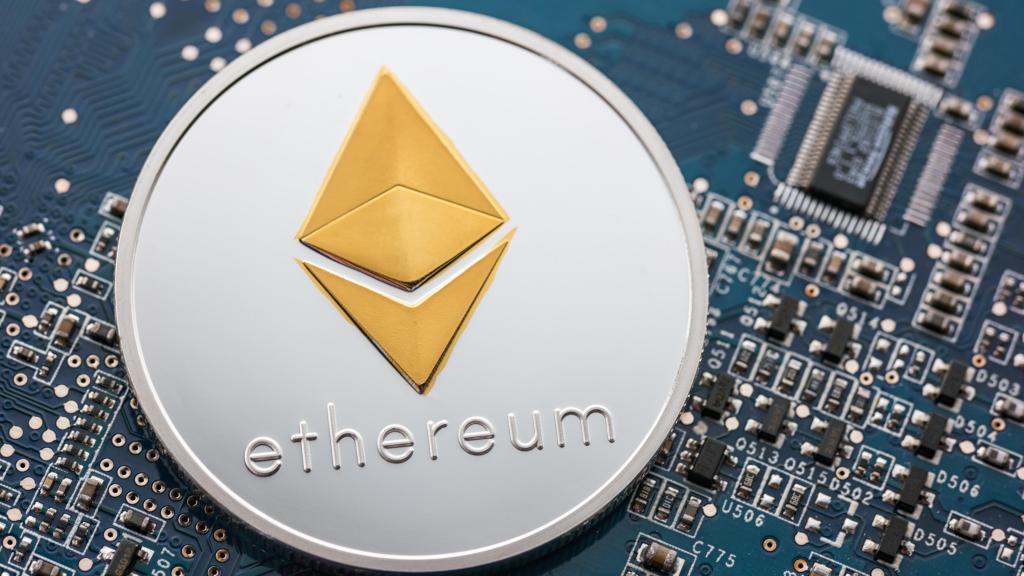Where will Ethereum’s miners go when they can no longer mine Ethereum? That’s the $19 billion question. As we reported on cryptokoin.com, there is speculation about switching to Ethereum Classic once proof of work is off the main chain. However, miners are divided on what to do after Merge.
Miners will have to find other ways to earn money
If all goes according to plan, Merge will happen in late September. This will complete Ethereum’s transition from a proof-of-work (PoW) consensus mechanism to a proof-of-stake (PoS) blockchain. When this long-awaited event happens on the Ethereum side, the network, which research firm Messari estimates is worth $19 billion, will force the mining industry to find other ways to make money. Mining is the process of competing to solve their problems for the right to verify transactions and record transactions on the blockchain. Miners devote time and resources to accomplish this task. Thus, the winning miners receive the newly mined cryptocurrency. Merge will replace this record keeping system with staking, which requires less computational power and energy.

One prohibited option for mining pools is to point their expensive and powerful private computers to Ethereum Classic. This is the splinter network that emerged from the 2016 hard fork after a hack in which $60 million was stolen from one of the oldest decentralized autonomous organizations (DAO) on the Ethereum network. Ethereum split into two chains on this date. The new one, which rewrites history as if the DAO hack never happened, is named Ethereum. The initial release continued as Ethereum Classic. For most of its history, Ethereum Classic has operated in the shadow of its namesake. But in the last month, ETC is up 150 percent. As of August 4, its market value reached approximately $5 billion.
Miners signal various approaches to adapt to Ethereum post-Merge
Mining pool AntPool, which is affiliated with mining rig giant Bitmain, has made a breakthrough. Bitmain announced last month that it has invested $10 million in development and applications for Ethereum Classic. He made a statement on Ethermine, the largest Ethereum mining pool. EtherMine has announced the beta version of EtherMine Staking, a staking pool service. Then there were rumors that Ethereum miners would hard fork or radically change the network to protest Merge. However, the probability of this happening and being successful is extremely low.

Bitcoin (BTC) mining software and services provider Luxor Technology is taking a different path. He has also invested in Ethereum mining, despite the upcoming possibility that the consensus mechanism will change. Luxor has put together a PoW advocacy group that aims to keep blockchain in this consensus mechanism. Ethan Vera, co-founder and chief operating officer of Luxor, said:
While there are varying degrees of concern, the common point is that the PoS transition has yet to be adequately tested. The chance of a failed Merge is not zero. This is very worrying for people who invest time, social and financial in Ethereum. There are billions of dollars at stake. The Ethereum Foundation, a nonprofit that oversees network software development, is in a rush to transition to PoS. This poses huge risks for ETH holders… While he says he believes Ethereum serves the best in PoW, if the transition to PoS is successful, he will be happy and support his company, ecosystem… Intellectually into Ethereum as a project and we are very interested in all the interesting applications built on it.
If the merge happens, Ethereum Classic will gain value
Vera did not say whether Luxor believes Ethereum Classic would be a better alternative. She just said she will coordinate with her partners to determine where mining applications will turn. Hive Blockchain (HIVE), the first publicly traded miner, also shared its challenges with Ethereum in the post-Merge era. When asked whether Ethereum Classic will become more valuable to miners in the post-Merge era, Aydın Kılıç, Hive’s president and operations director, said:
This will depend on the use case of Ethereum Classic. Currently, about 95 percent of DeFi projects reside on the Ethereum blockchain. If NFT and DeFi developers realize that a secure proof-of-work layer 1 blockchain is the best playground for their code-based projects, we would expect to see an increase in applications on the Ethereum Classic blockchain. We believe that if the merge happens, there will be intrinsic value to the broadly decentralized proof-of-work coin that Ethereum Classic would be.

For all these reasons, miners are undecided whether Ethereum Classic will win in a post-Merge world. But the only common thread is that miners want Ethereum to succeed, regardless of what consensus mechanism they use. However, they still seem to prefer to stay in a PoW mechanism.




